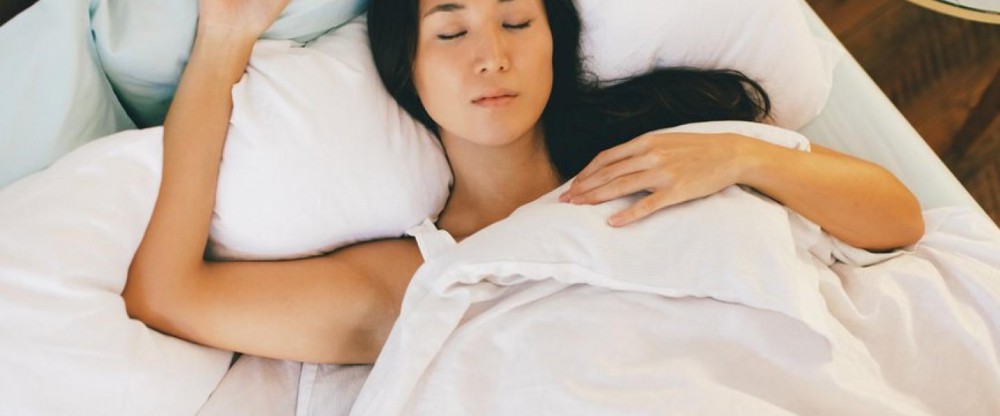The Link Between Sleep Apnea and Teeth Grinding
Waking up with tired, tight jaw muscles or sensitive teeth could be a sign that you grind or clench your teeth during the night, a condition known as bruxism. If left untreated, bruxism can lead to tooth decay, headaches, and trouble sleeping.
A number of health issues are linked to the condition, such as stress and teeth misalignment, but one of the biggest risk factors is a serious condition called obstructive sleep apnea. This occurs when the throat muscles relax during the night, blocking the airway and interrupting breathing. Nearly one in four people with obstructive sleep apnea grind their teeth at night, and men are more likely to be affected.
Luckily, managing sleep apnea may help nix nighttime teeth grinding. Lifestyle changes, such as losing weight and quitting smoking, can help, as can treating nasal allergies. In addition, your doctor may recommend a dental guard or oral splint to prevent damage to the teeth caused by grinding and gnashing.
For moderate to severe sleep apnea, the most common treatment method is the use of a continuous positive airway pressure device (CPAP). This mask, which fits over the nose during sleep, uses air pressure to keep airway passages open, helping to prevent sleep apnea (as well as snoring, which often accompanies the disorder). Studies have found that when patients with both bruxism and sleep apnea use a CPAP, their breathing complications greatly improve and the grinding stops completely.
Whether you’re noticing symptoms of teeth grinding, sleep apnea, or both, working with your doctor can help clear up the issue and have you sleeping soundly once again.
The right head support can greatly improve how comfortable you feel in bed.Learn more about how these medical devices can make a big difference in nighttime comfort for people with breathing issues.Sleep Apnea is a sleep disorder in which breathing is briefly and repeatedly interrupted during sleep. Learn how to cope...A frequent need to get up and go to the bathroom to urinate at night is called nocturia. It differs...Nearly one-quarter of all workers have shifts that are not during the daytime, and more than two-thirds of these workers...Have you ever wanted to know what happens to your body during menstruation? The latest infographic from the National Sleep...The Electronics and Sleep infographic highlights how technology affects the modern family and how parents can help design a sleep...Orexin receptor antagonists: A new class of sleeping pill Find out more about orexin, and a new type of sleep...You don't have to struggle with sleepless nights. Help is available! There are treatment options for insomnia, ranging from behavioral...How you feel about the sleep you get every night is known as sleep satisfaction. Unlike sleep quantity (which objectively...

Source: Internet
